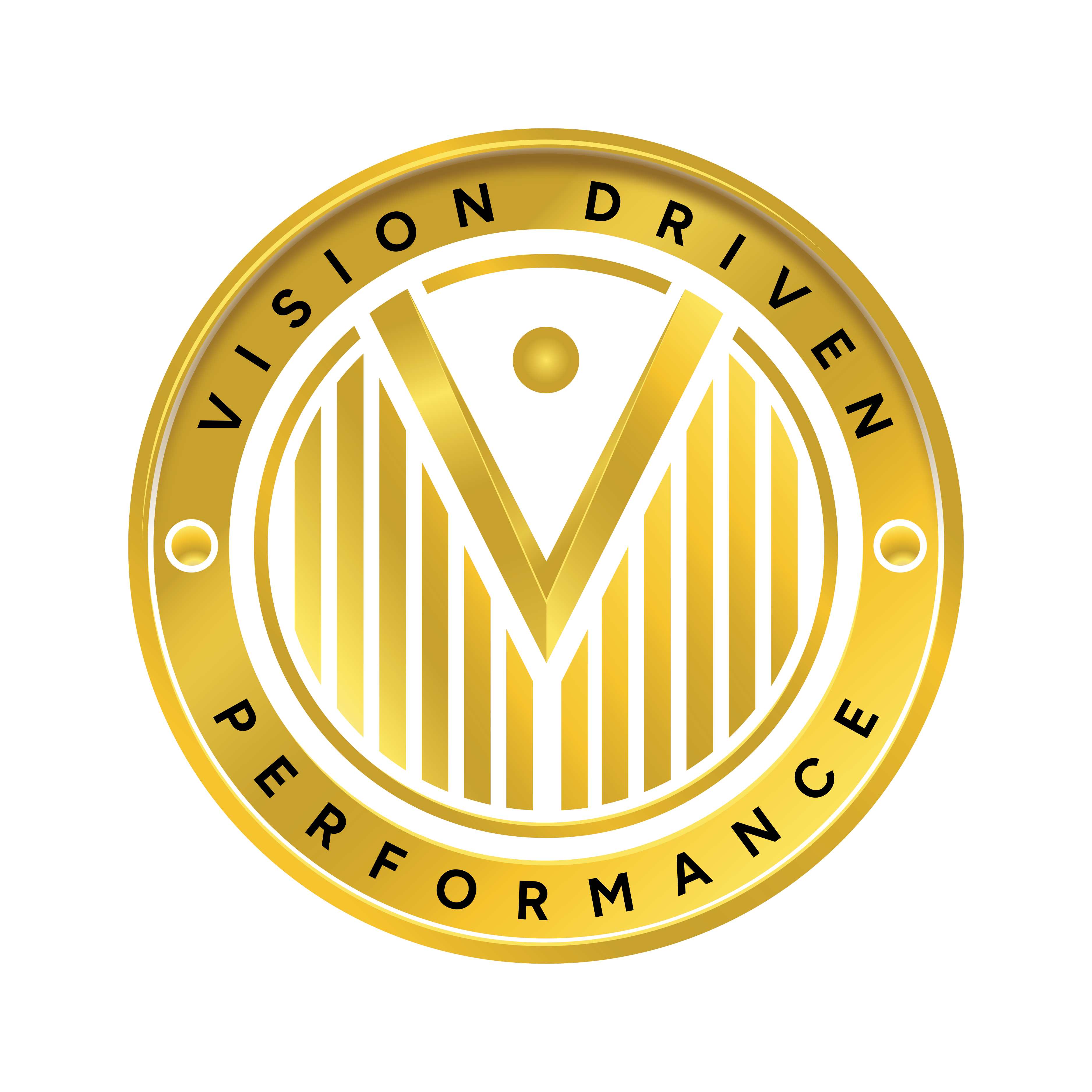If you are self-employed in Kansas, you are generally subject to federal, state, and self-employment taxes on your business income.
Here’s an overview of the taxes you may need to pay as a self-employed individual in Kansas…
- Federal Income Tax
- As a self-employed individual, you are responsible for paying federal income tax on your net business income. You must report your business income and expenses on Schedule C (Form 1040) and calculate your taxable income based on the federal income tax rates for individuals.
- Self-Employment Tax
- Self-employed individuals are also subject to self-employment tax, which consists of Social Security and Medicare taxes. The current self-employment tax rate is 15.3% of your net business income, with 12.4% allocated for Social Security (up to a certain income threshold) and 2.9% for Medicare. Nevertheless, you may be able to deduct half of your self-employment tax as an adjustment to income on your federal tax return.
- State Income Tax
- In Kansas, you are also subject to state income tax on your business income. Kansas has a progressive income tax system with rates ranging from 3.1% to 5.7%, depending on your income level. You must report your business income on your Kansas state tax return and calculate your state income tax liability based on the applicable tax rates.
- Quarterly Estimated Taxes
- As a self-employed individual, you are generally required to make quarterly estimated tax payments to the IRS and the Kansas Department of Revenue to cover your federal and state income tax liabilities, as well as self-employment tax. If you expect to owe $1,000 or more in combined federal and state taxes for the tax year, you may need to make estimated tax payments to avoid underpayment penalties.
- Additional Taxes and Fees
- Depending on the nature of your business activities, you may be subject to other taxes, fees, or licenses at the federal, state, or local level. For example, you may need to collect and remit sales tax on taxable sales, obtain certain business licenses or permits, or pay other business-related taxes or fees.
It’s necessary to consult with a tax professional or accountant familiar with federal and Kansas tax laws to ensure compliance with all tax obligations and maximize available deductions and credits. They can help you understand your tax liabilities, minimize tax exposure, and implement tax planning strategies to optimize your financial situation as a self-employed individual in Kansas.




